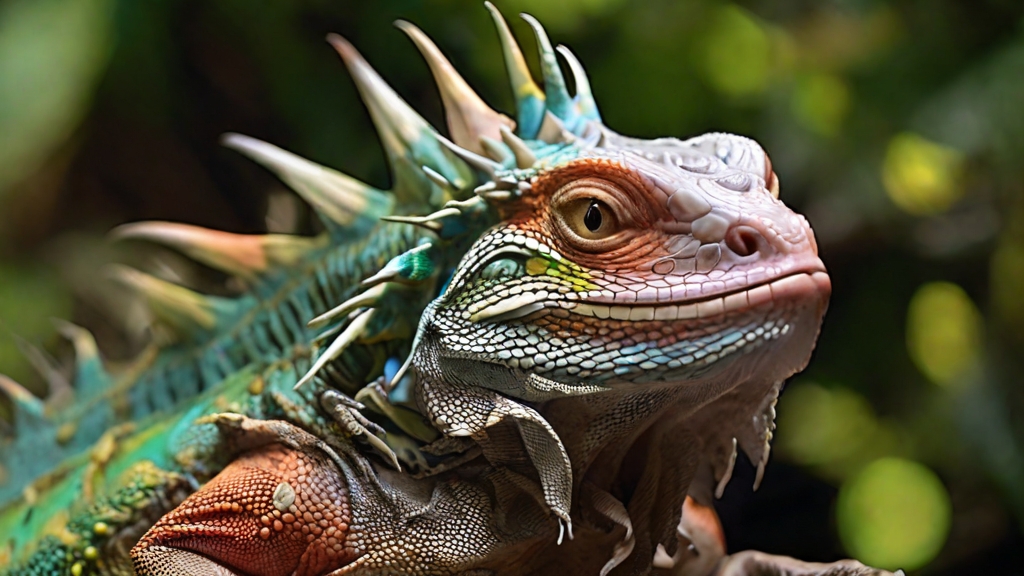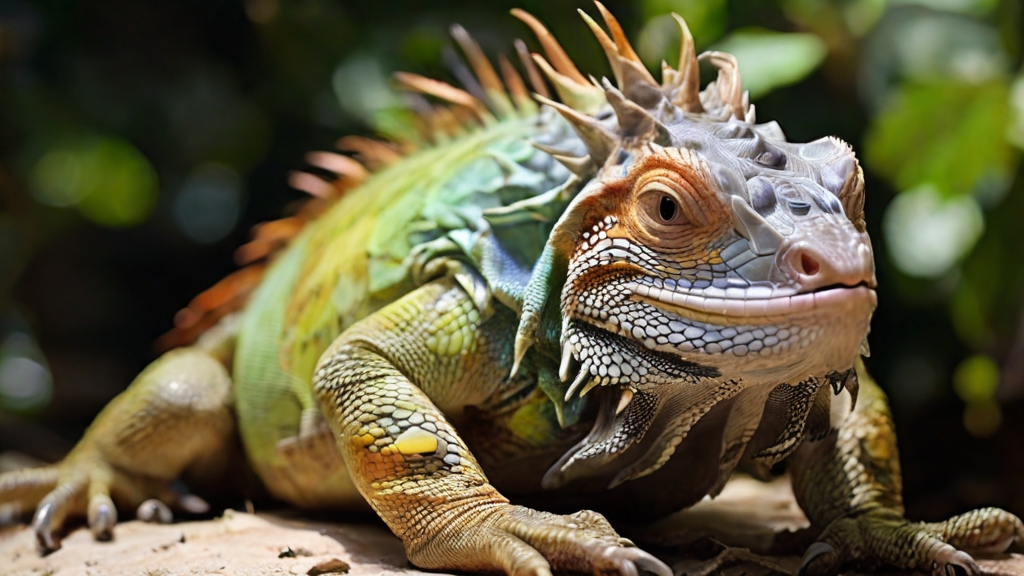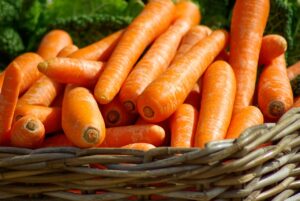As a reptile owner, it is crucial to understand the dietary needs of your pet iguana. These exotic creatures require a balanced diet to thrive in captivity. A healthy iguana diet consists of a variety of vegetables, fruits, and occasional protein sources.
The importance of a balanced diet for iguanas
Iguanas are herbivorous creatures, meaning they primarily consume plant-based foods. A balanced diet is essential for their overall well-being, including the maintenance of healthy skin, strong bones, and proper digestive function. It is important to provide a variety of vegetables to ensure they receive all the necessary nutrients.
The Nutritional Value of Carrots for Iguanas
Carrots are a popular vegetable among humans and can be a suitable addition to an iguana’s diet. These vibrant orange vegetables are packed with essential vitamins and minerals that can benefit your scaly friend.
Analyzing the nutrients found in carrots
Carrots are a great source of vitamin A, which is important for maintaining healthy vision and promoting a robust immune system in iguanas. They also contain significant amounts of vitamin K, which aids in blood clotting and proper bone development. Additionally, carrots provide dietary fiber, assisting in bowel regulation for your iguana.
Safe Feeding Practices for Iguanas
When introducing new foods into your iguana’s diet, it is crucial to take certain precautions to ensure their safety and well-being. By following safe feeding practices, you can prevent potential health issues and allergic reactions.
Precautions to take when introducing new foods
It is advisable to introduce new foods gradually, including carrots. Start by offering small pieces of carrot alongside their regular diet. Observe your iguana’s response and monitor for any signs of digestive upset or allergic reactions. If your iguana shows any adverse symptoms, such as diarrhea or swelling, discontinue feeding carrots and consult a veterinarian.
By following these safe feeding practices, you can provide your iguana with a varied and nutritious diet while minimizing the risk of potential complications. Stay tuned for the next section to learn how to incorporate carrots into your iguana’s meals effectively.




